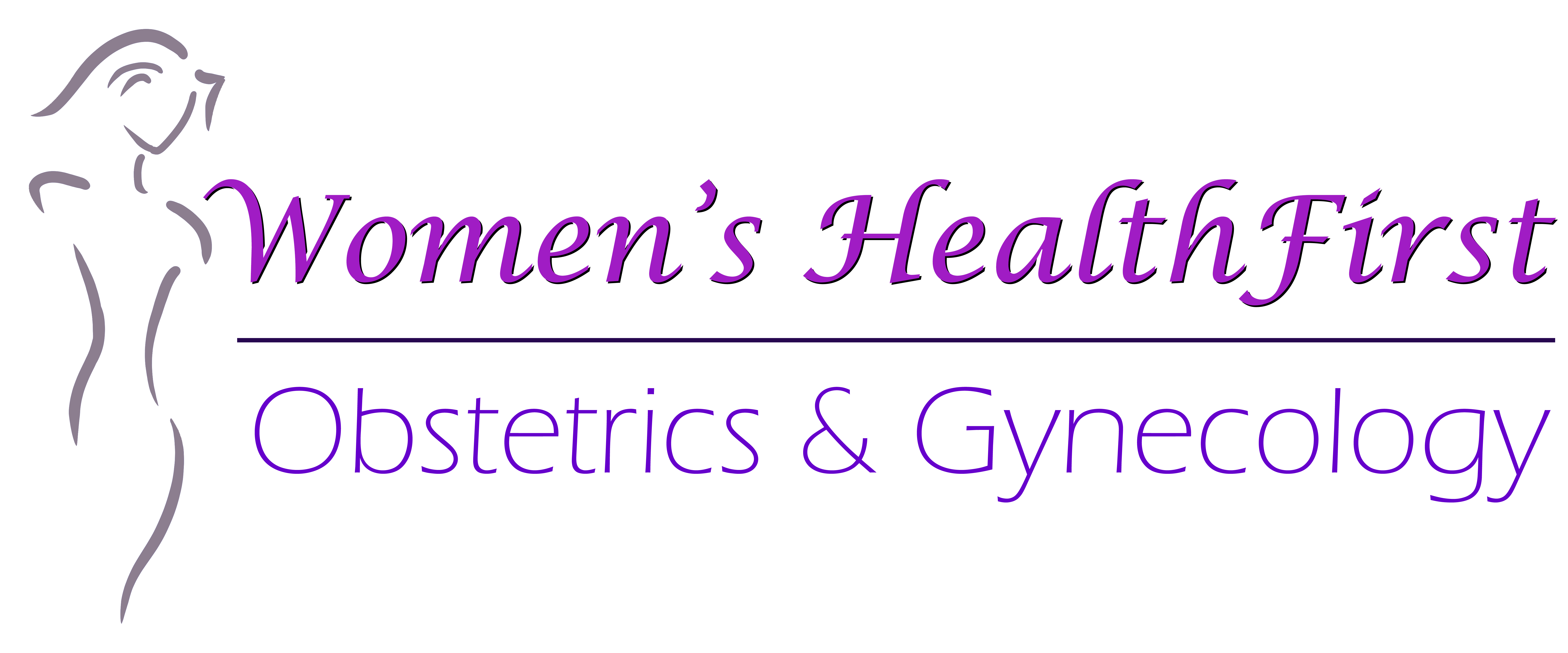Endometriosis Diagnosis and Treatment
Are you experiencing significant pelvic pain and think you might have endometriosis? You are not alone. Endometriosis is a common medical condition that affects up to 10% of women of childbearing age in the U.S. Not only is endometriosis painful, but it can make it difficult to become pregnant or carry a child to term.
What Is Endometriosis?
Endometriosis is when the lining of the uterus, called the endometrium, moves into other nearby areas, such as the fallopian tubes, ovaries, intestines, or behind the uterus. The improperly located tissue continues to act as it would if still in the uterus: alternatingly thickening and shedding with each menstrual cycle, although it now has no way to exit the body. This causes irritation and the formation of scar tissue, which tightly binds nearby tissue together – leading to chronic, debilitating pain. Endometriosis pain often intensifies during menstruation, defecation, and sex, depending on where the endometrial tissue has moved to. The exact cause of endometriosis is unclear.

Diagnosing Endometriosis
When you visit your OB-GYN at Women’s HealthFirst, we begin with a thorough medical history, including a discussion of your symptoms and concerns. Your provider will perform a pelvic exam and perhaps also a gynecological ultrasound. In some cases, an MRI may be recommended to provide additional details about the location and size of the mislocated endometrial tissue.
Risk Factors for Endometriosis
Endometriosis tends to develop a few years after menstruation begins, so most patients diagnosed with endometriosis are young women. Additional risk factors for endometriosis include:
- Family history of endometriosis
- Early onset of menstruation (before age 11)
- Heavy menstrual periods that last more than 7 days
- Shorter-than-average menstrual cycles of 26 days or less
- High levels of estrogen
- Not having children
- Low body mass index (BMI)
- Being white and non-Hispanic
Signs & Symptoms of Endometriosis
The pain associated with endometriosis is often described as severe, stabbing, and sharp. It may be experienced in the stomach, lower back, hips, thighs, and legs. Common signs and symptoms of endometriosis include:
- Painful and heavy periods
- Pain during sex or for days afterward
- Pain with bowel movements
- Abnormal vaginal bleeding
- Anxiety and depression
- Diarrhea, constipation, irritable bowel syndrome (IBS)
- Mood swings
Endometriosis is sometimes first diagnosed when a woman visits her OB-GYN for a fertility evaluation. Infertility is a common complication of endometriosis: up to 50% of women with endometriosis have difficulty getting pregnant.
Treating Endometriosis
Endometriosis will not go away on its own. Your symptoms will remain until you are treated. While there is no cure for endometriosis, medication and/or surgery may help relieve your symptoms, depending on their type and severity. Whether you wish to become pregnant in the future may also affect your treatment options.
- Medications may include pain relievers – as well as hormone therapy or aromatase inhibitors to reduce estrogen levels in the body. In the vast majority of cases, hormone therapy offers effective symptom relief for women with endometriosis.
- Surgery, when recommended, will most often involve a laparoscopy to biopsy and/or remove or destroy the improperly located endometrial tissue and any associated scar tissue. It can often be done in a way to preserve the health of the uterus and ovaries, should you desire to become pregnant. A hysterectomy to remove the uterus (and possibly also the ovaries and fallopian tubes) may be considered when other options fail.
Endometriosis Treatment in Palatine, Schaumburg, Hoffman Estates, & Bartlett, IL
If you have – or think you have – endometriosis, you have treatment options. The first step is to visit an OB-GYN professional with the training and experience to help.
At Women’s HealthFirst in northwest suburban Chicago, we have been treating women with endometriosis for more than 35 years. In need of high-quality, comprehensive women’s healthcare? Call Women’s HealthFirst at (847) 808-8884 or request your appointment now. We have four locations to choose from.

